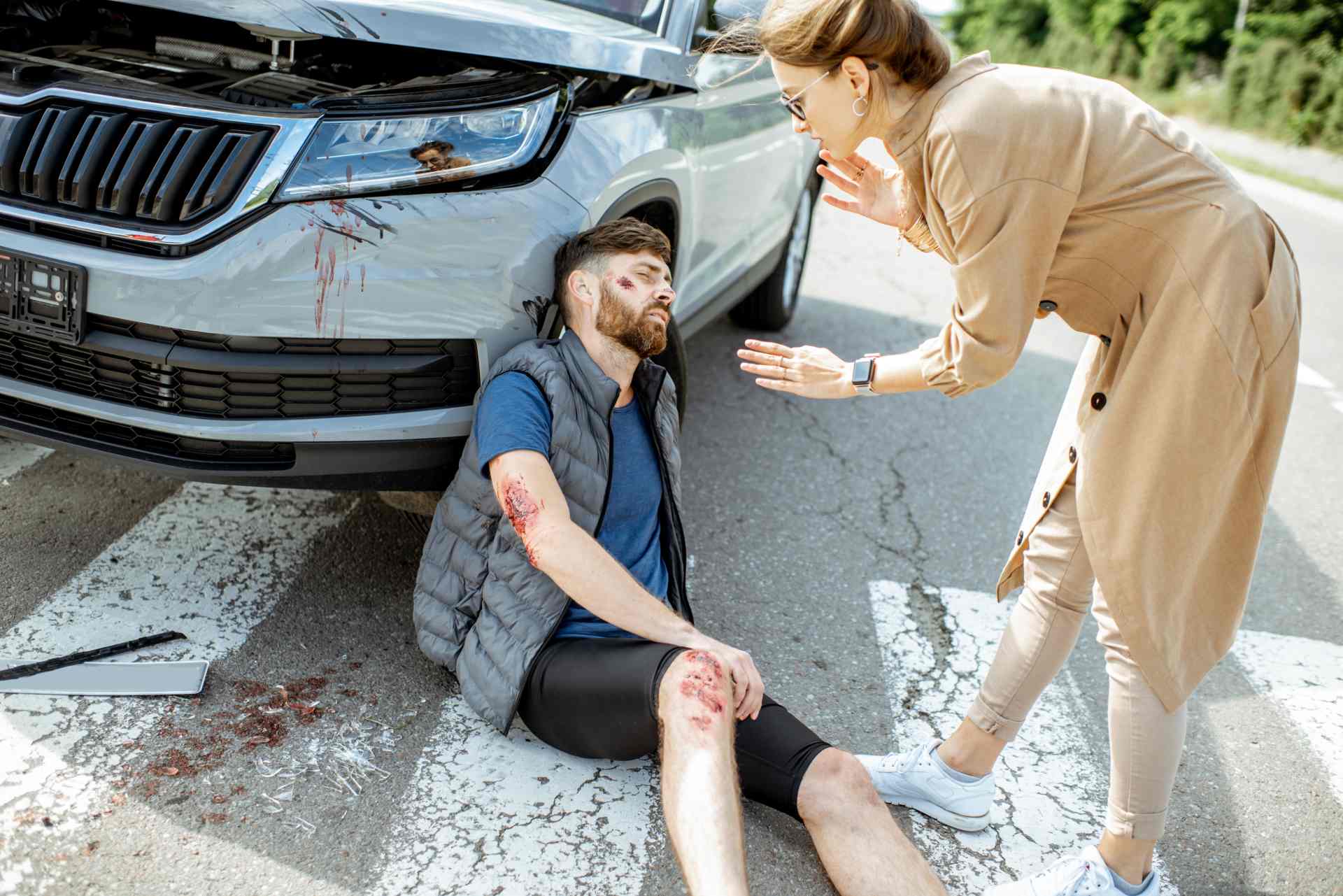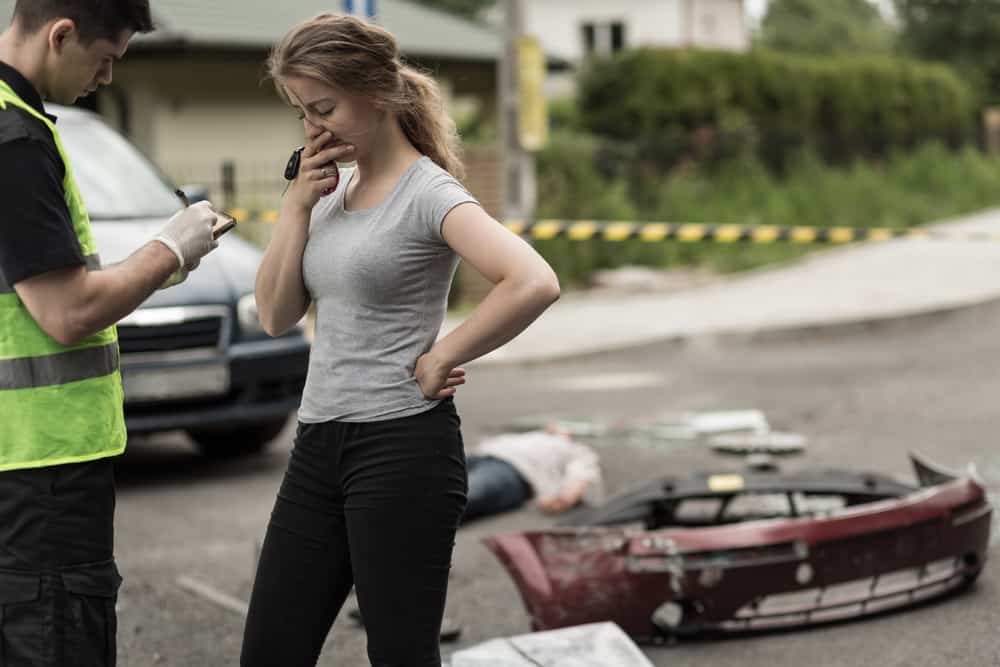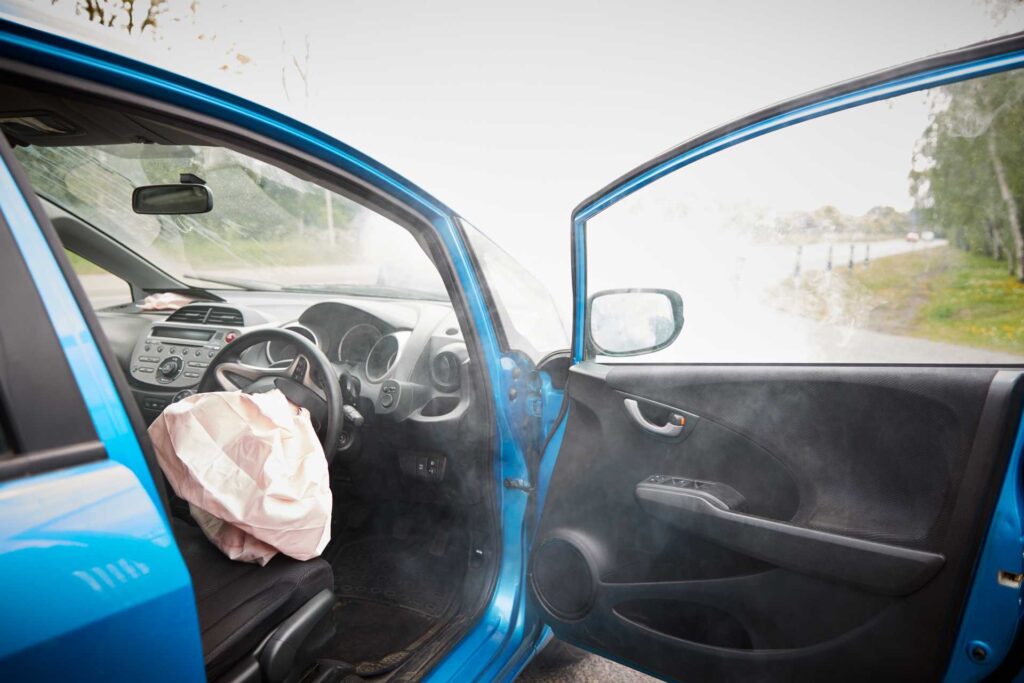Minor car accidents can happen in an instant. While these fender benders may seem insignificant at first glance, they can leave lasting effects on your vehicle and, more importantly, on your health. Knowing the right steps to take after a minor accident can help protect you physically, financially, and legally. Let’s walk through what you should do next to make sure you stay safe and prepared.
What is a Minor Car Accident?
A minor car accident, often referred to as a fender bender, is a collision that typically results in minimal damage to vehicles and no serious injuries. These accidents usually occur at low speeds, such as in parking lots, residential streets, or during stop-and-go traffic.
Examples of minor accidents include rear-end collisions, scraping another vehicle while parking, or small side-swipes. However, even if the damage seems minor, it’s important to remember that hidden injuries or structural issues in your vehicle could still exist. Taking the right steps after such an accident is essential to avoid future problems.
What To Do After a Minor Car Accident
Handling a minor car accident properly can save you time, money, and stress. While it may feel overwhelming, the process can be straightforward when you break it into manageable steps.
1. Assess Yourself and Passengers for Injuries
The first thing to focus on after a minor accident is ensuring everyone involved is okay. Even if it feels like just a bump, take a moment to check for injuries. Minor accidents can cause hidden injuries like whiplash, soft tissue strain, or even a mild concussion.
Pay attention to warning signs like headaches, dizziness, or stiffness, as these can develop hours or even days later. If someone is experiencing pain, avoid moving them and call emergency services. Prioritizing health over everything else is the best decision you can make after an accident.
2. Move to a Safe Location if Possible
Once you’ve assessed everyone’s condition, the next step is to move to a safer location, provided the vehicle is drivable. Staying in the middle of traffic can put you and others at risk of additional accidents. Pull over to the shoulder or a nearby parking lot and turn on your hazard lights to make your car visible to others.
If moving the vehicle isn’t safe due to damage or traffic conditions, stay inside with your seatbelt fastened until help arrives. Your safety matters, and small actions like moving to a secure spot can prevent further harm.
3. Call the Authorities
Even when an accident feels minor, it’s a good idea to contact the police. Having an official report of the incident can help protect you in case of insurance disputes or unexpected issues later. When speaking to the authorities, provide factual and clear information without speculating about fault.
A police report may seem unnecessary for a small accident, but it can serve as a helpful record. It’s better to be thorough now than to face complications later.
4. Exchange Information with the Other Driver
Connecting with the other driver is an essential step after any accident. Be polite and focus on gathering the necessary details. This includes the driver’s name, phone number, insurance provider, and vehicle information.
While emotions can run high, it’s best to avoid discussing who is at fault. Stick to exchanging information, as this will be enough to handle any claims or further discussions.
5. Document the Scene Thoroughly
Taking the time to document the scene can save you a lot of headaches. Use your phone to take clear photos of the vehicles involved, the surrounding area, any road conditions, and visible injuries.
It’s also helpful to jot down details like the time, weather, and location of the accident. These small details might seem unimportant, but they can make a big difference if questions arise during the claims process.
6. Contact Your Insurance Company
Reaching out to your insurance company soon after the accident is important, even if the damage seems minor. Be honest about what happened and share the details you’ve gathered.
Provide the insurance company with the photos, the police report, and the other driver’s information. This will help ensure that your claim is processed smoothly. Avoid making statements about fault and stick to sharing facts about what happened.
7. Get Checked by a Car Accident Doctor
Even if you feel fine, it’s important to see a doctor who specializes in car accident injuries. Symptoms of injuries like whiplash, back pain, or joint damage may not appear immediately. Early detection and treatment can prevent complications later on.
AICA Orthopedics specializes in treating car accident injuries, providing comprehensive care from diagnosis to rehabilitation. With experts in orthopedics, neurology, and pain management, AICA ensures that even minor injuries are not overlooked. Don’t wait until you’re in pain to seek help—early care can make all the difference.
8. Follow Up on Repairs and Claims
Once you’ve taken care of yourself, focus on your vehicle. Get an estimate for repairs from a reputable mechanic and share this with your insurance provider. Keep all receipts, estimates, and communication with your insurance company organized to make the process smoother.
Following up might take some time, but staying proactive ensures that your vehicle is restored and your insurance claim is handled properly.
READ: FULL CHECKLIST of What To Do After a Car Accident
How AICA Orthopedics Can Help You Recover
AICA Orthopedics offers specialized care for car accident injuries, whether they are minor or more severe. With a team of orthopedic doctors, neurology experts, and physical therapists, we can help you identify injuries that might not be immediately apparent.
Our in-house diagnostics, including advanced imaging like MRIs, allow us to assess your condition quickly and accurately. From treatment plans to rehabilitation, we provide everything you need to recover without unnecessary delays. We also assist with insurance claims, ensuring you get the care and support you deserve.
If you’ve been in a car accident, let us help you get back to feeling your best. Find the nearest AICA location and schedule an appointment today!
Frequently Asked Questions About Minor Car Accidents
Should I Still Report a Minor Car Accident to My Insurance Company?
Yes, it is important to report all accidents, even minor ones, to your insurance company. Failing to report an accident can lead to complications if the other driver files a claim later or if hidden vehicle damage becomes apparent. When you contact your insurance provider, provide clear and factual information about the incident, including photos, police reports, and other documentation. Reporting ensures your claim is properly processed and avoids unexpected liabilities.
Can I Drive My Car After a Minor Accident?
It depends on the extent of the damage. If your car is still operational and safe to drive, you can move it to a safe location or take it home. However, you should have it inspected by a professional mechanic as soon as possible, even if it looks fine. Minor accidents can cause underlying structural or mechanical damage that may not be immediately visible but could compromise your safety on the road.
How Long Do I Have to See a Doctor After a Minor Car Accident?
It’s best to see a doctor as soon as possible after the accident, ideally within 72 hours. Even if you feel fine, symptoms of injuries like whiplash or back pain can appear days later. Seeing a doctor promptly not only ensures your health but also provides documentation of your injuries, which can be important for insurance claims. Specialists like the doctors at AICA Orthopedics can help detect hidden injuries and create a tailored recovery plan to prevent long-term complications.





